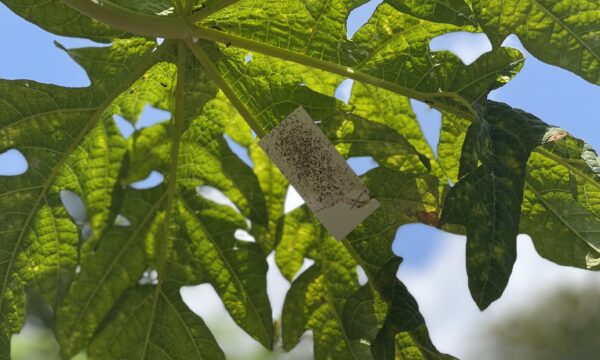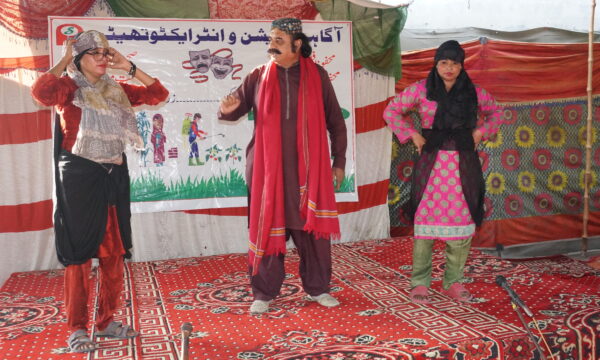
A rural nuclear power plant (© Pexels).
The agriculture sector in Zambia employs around half of the country’s labour force and provides the largest source of employment opportunities for rural women. However, although the sector contributes 6.5% GDP and 9.6% of the national export earnings, the industry is one of the most under-developed in the country.
The Agriculture Ministry is currently running a number of nuclear research projects through the Zambia Agriculture Research Institute (ZARI) with the collective aim of providing high quality and cost-effective services to smallholder farmers so to generate sustainable produce, soil and plant technologies.
As well as the large energy potential of developing nuclear technology, there are benefits to the agriculture sector and environmental protection as techniques developed from nuclear science have been implemented in soil conservation and agricultural development globally. For example, nuclear technology can be used to detect excessive levels of pesticides and other potentially harmful chemical residues on food; and to tackle crop pests.
A specific application of nuclear technology is for the control of invasive insects using the Sterile Insect Technique (SIT). SIT uses radiation to sterilise millions of a target insect within a laboratory environment. These are then released into the wild population, resulting in the reduction of offspring and thus the decrease in the pest species population. Irradiated insects are harmless to humans and the environment as the radioactive treatment only hinders their ability to reproduce and does not result in radioactive insects. With the potential development of the nuclear sector and research in Zambia, plant protection methods such as SIT could be a future solution to the growing agro-pest problem.
One of ZARI’s research goals is to develop crop varieties that are not only pest and disease resistant but can also withstand varying weather conditions such as flooding or drought. In Ghana, nuclear radiation has been used to alter the genetic code of cocoa crop to create new varieties that are more resistant to plant diseases. Therefore, nuclear development would further support ZARI’s efforts at developing suitable crop varieties to deal with future threats.
In the past year, Zambia has signed agreements with the Russian State Atomic Energy Corporation Rosatom to develop nuclear technology within the country. This is planned to be achieved by developing an atomic research centre in Lusaka and the construction of the first nuclear power plant in Zambia. The current issue with the proceedings of these plans is public awareness, as Lusaka Province Minister Japhen Mwakalombe is calling for the sensitisation and awareness programmes to correct the public misunderstanding on nuclear technology.
If you would like to read further on the applications of nuclear technology on environmental protection, please see the links below:
To find more information on the planned development of nuclear technology and a power plant in Zambia, see below:
Related News & Blogs
‘Sowing the seeds’ for food security in Uganda: CABI supports training for Quality Declared Seed production
CABI has been working with Zirobwe Agali-Awamu Agribusiness Training Association (ZAABTA), the Ministry of Agriculture, Animal Industry and Fisheries (MAAIF), the National Agricultural Research Organisation (NARO), and Integrated Seed Sector Developmen…
21 May 2025




